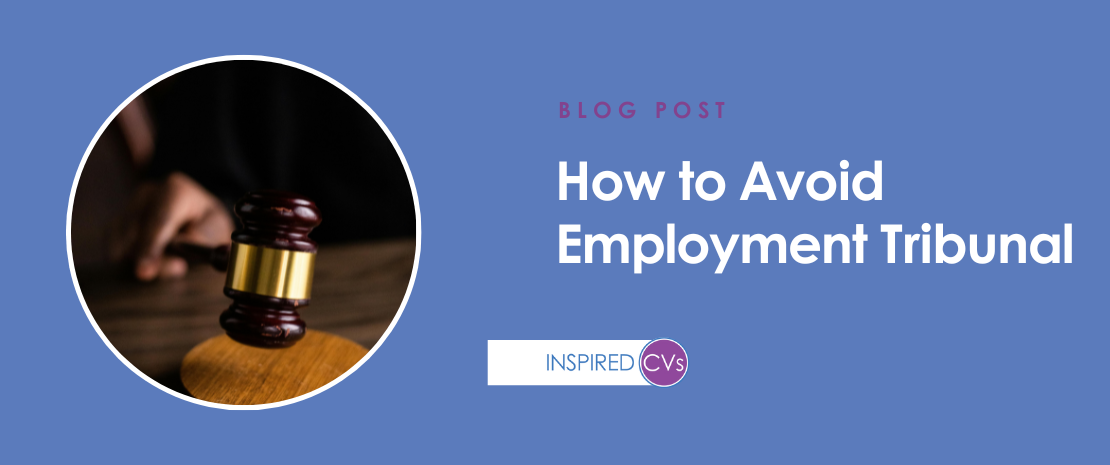Get in touch
For a quick chat or more information about our services, get in touch:

Employment tribunals are a constant concern for businesses, and with compensation for unfair dismissal amounting to as much as £118,000, it is understandable. As an employer, you should try to avoid an employment tribunal as it is not only costly but can also affect your reputation, and it is time-consuming. These are some ways to reduce the likelihood of being taken to an employment tribunal.
It can be challenging to dismiss an employee who has passed probation, which is something employers often don't consider. If you have any doubts about an employee’s performance or if there are issues with their attendance etc, you should consider extending the probation period. Quite often, employers will pass probation for employees without giving it much thought, but this can cause issues further down the line.
If you are concerned about an employee’s performance, you should speak to them and identify any areas of concern and where you can provide additional training. It is often the case that employers will want to end an employee’s contract because of concerns over their performance, without creating a training plan to help support them. A dismissal due to performance issues is one of the reasons to go to an employment tribunal.
You should always follow the correct procedures. For instance, if you have taken an employee through a disciplinary or grievance hearing. A failure to follow procedures is one aspect an employee tribunal will not look favourably on. If you can show you have followed procedures regardless of the reason for being taken to an employment tribunal, you will have a much better chance of success. One of the most important employment tribunal rules is that the employer has followed the correct employment law procedures.
There is no such thing as a casual chat about someone's performance in the workplace. If you’re discussing anything related to an individual's role within the workplace, you should make sure you document it. An employment tribunal won’t look favourably on discussions you have had with an employee, where there is no documentation to support it. If you want to know how to appeal an employment tribunal decision, you will require documentation to do so.
As an employer, you must not share an employee’s personal details or situation with anyone unless there is a specific need to do so, and the employee is aware. If an employee finds out you have shared personal details with others, they could use it in an employment tribunal and it could negatively affect your case.
At Inspired CVs, we provide CV workshops and interview skills workshops to suit the needs of your business. You can also order a CV from our top-rated CV writing services here. To find out more, contact us and we will be happy to help.
For a quick chat or more information about our services, get in touch: